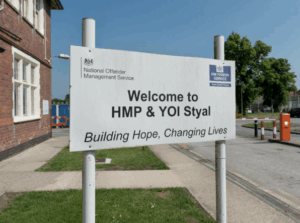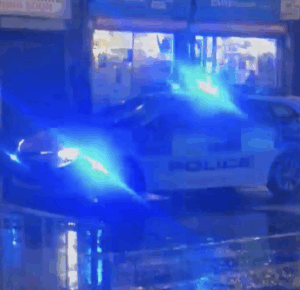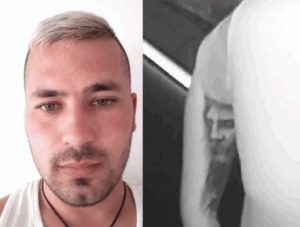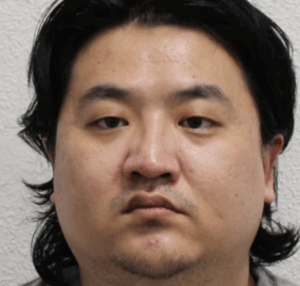David Hanson, a repeat offender with 105 prior convictions, has made history as the first individual to be incarcerated through a private prosecution after breaking into a Marks & Spencer store in Streatham Hill. The 44-year-old thief, with a rap sheet including 33 burglaries, was apprehended red-handed by detectives from a private policing firm.
The incident unfolded when Hanson brazenly raided the M&S outlet, making off with £500 worth of prime sirloin and T-bone steaks, alongside 20 bottles of prosecco. Despite the store manager’s swift action in alerting authorities and providing CCTV evidence, the Metropolitan Police opted not to pursue the case, leaving the matter to be taken up by TM Eye, a private investigative company founded by former Scotland Yard chief detective David McKelvey.
TM Eye, known for its utilisation of both plain-clothed and uniformed officers, has been instrumental in prosecuting 280 shoplifters, yet Hanson’s conviction represents a watershed moment in private prosecutions against thieves.
The culmination of TM Eye’s efforts led to Hanson’s sentencing to a year behind bars for multiple offences, including four burglaries and one assault on an M&S employee. Detectives identified Hanson from surveillance footage depicting him breaking into the store through a glass window, confirming his status as a notorious shoplifter in the area.
Reflecting on the case, David McKelvey emphasized the importance of thorough investigations into every burglary, asserting that diligent police work can yield successful outcomes. However, recent policing policies have come under scrutiny, with authorities announcing in October a shift towards attending shoplifting incidents primarily in cases involving violence, detained suspects, or evidence collection.
This development comes amidst a staggering rise in shoplifting offences, reaching a record high of 430,104 incidents in the year to December 2023, according to the Office for National Statistics (ONS). Concerns over the apparent decriminalization of shoplifting have prompted criticism from retail leaders, who lament police forces’ inability to address the issue comprehensively.
As retailers resort to drastic measures to safeguard their merchandise, such as locking up chocolate bars and employing nightclub-style entry policies, the public grapples with the implications of a burgeoning shoplifting epidemic. With the landscape of retail crime evolving rapidly, the efficacy of law enforcement responses and the role of private prosecutions remain subjects of intense debate.





































